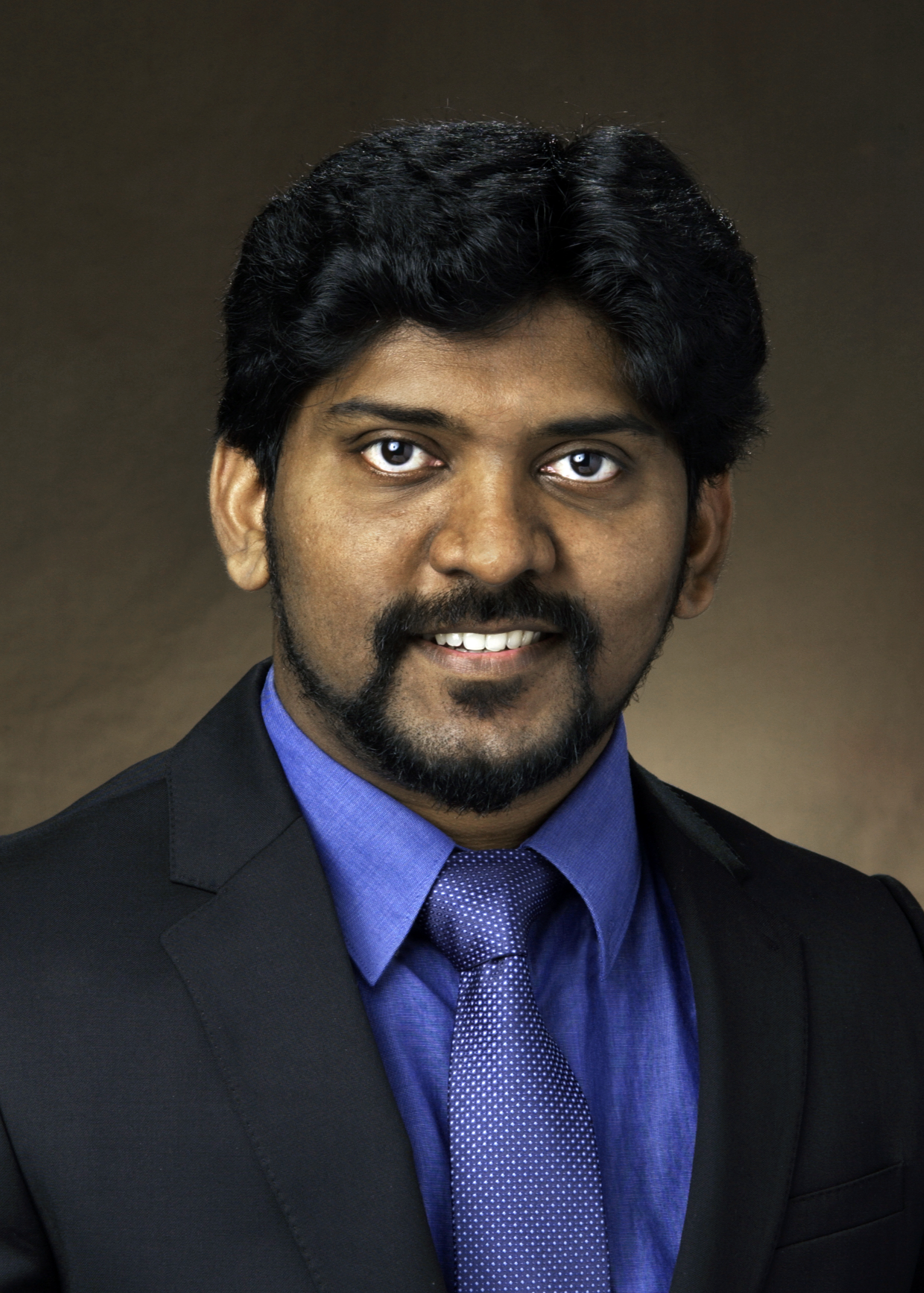Ranjit Godavarthy
Challey Institute Faculty Fellow
With a passion for improving transportation infrastructure in rural and small urban areas, Ranjit Godavarthy’s work is reshaping how communities think about safety and economic growth. As a fellow at the Challey Institute for Global Innovation and Growth and an associate professor at North Dakota State University, his research dives deep into practical solutions that enhance mobility and community livability, particularly in regions that often face unique challenges in transportation.
Research Focus and Contributions
One key area of focus is transportation safety and efficiency. Through ongoing projects funded by Minnesota and North Dakota, the research explores how modern intersection designs, such as roundabouts and J-turns, can reduce traffic accidents and improve safety. These designs aren't just about moving vehicles efficiently but also about fostering economic growth by maintaining smooth traffic flow, even in high-traffic commercial areas.
Beyond intersections, another critical area of study involves last-mile delivery systems—the final stage of transporting goods to consumers. The research explores how crowdsourcing and community-driven solutions can lower delivery costs in rural areas where traditional logistics methods can be expensive and inefficient. This work has practical implications for businesses and residents in underserved regions, offering ways to streamline parcel deliveries and boost local economies.
Publications in top journals, including Transportation Research Part A and Transportation Research Record, reflect the depth and impact of his studies. The research isn't confined to the academic world—findings are already sparking interest among policymakers looking to improve transportation infrastructure.
Teaching and Mentorship
Education is another cornerstone of his work. Courses taught at the undergraduate, master’s, and PhD levels connect transportation theory to real-world applications, encouraging students to think critically about the role of infrastructure in human well-being. A new PhD course, Human Flourishing through Transportation, challenges students to explore how infrastructure decisions can positively impact quality of life. Using case studies and examples from his research, he brings classroom discussions to life, helping students bridge the gap between academic concepts and practical challenges.
As a mentor, there’s a strong focus on guiding students through hands-on research that tackles real-world problems. PhD students, in particular, benefit from this approach, developing innovative and applicable solutions, whether their careers take them into academia or industry.
Grants and Awards
Over $2 million in grant funds have supported key projects in infrastructure, transportation, and logistics in the last decade. These funds have enabled groundbreaking research, particularly in improving rural mobility and safety. His current work in Minnesota and North Dakota has garnered early positive feedback from stakeholders, reflecting the real-world impact of his studies.
One of his most notable achievements is receiving the prestigious Wootan Award for Outstanding PhD Dissertation in Policy and Planning from the Council for University Transportation Centers (CUTC). His dissertation, “Network and Design Guidelines for Accommodating Large Trucks at Roundabouts,” was recognized for its contributions to transportation systems and policies and was honored at the Transportation Research Board’s Annual Meeting in Washington, DC.
Looking to expand on this success, he is actively pursuing additional funding, including a National Science Foundation grant, to further his research on crowdsourcing in rural delivery logistics. His commitment to innovation in transportation policy continues to position him as a leader in the field.
Future Directions
The future of transportation is evolving rapidly, and so is the scope of research. Automation and emerging technologies will play a crucial role in transforming transportation systems, reducing human error, and enhancing road safety. By integrating cutting-edge innovations like autonomous vehicles and intelligent logistics systems, his work aims to address both immediate safety concerns and long-term infrastructure challenges.
As Ranjit’s research continues to explore the intersection of technology and transportation, the goal is not just to improve systems but to create smarter, more resilient solutions that benefit communities economically and socially. This forward-thinking approach positions him at the forefront of addressing the critical transportation challenges of tomorrow. The ultimate aim is to craft policies that make transportation safer, more efficient, and more accessible.
The Sheila and Robert Challey Institute for Global Innovation and Growth aims to advance understanding in the areas of innovation, trade, institutions, and human potential to identify policies and solutions that enhance economic growth and opportunity. Learn more at www.ndsu.edu/challeyinstitute



